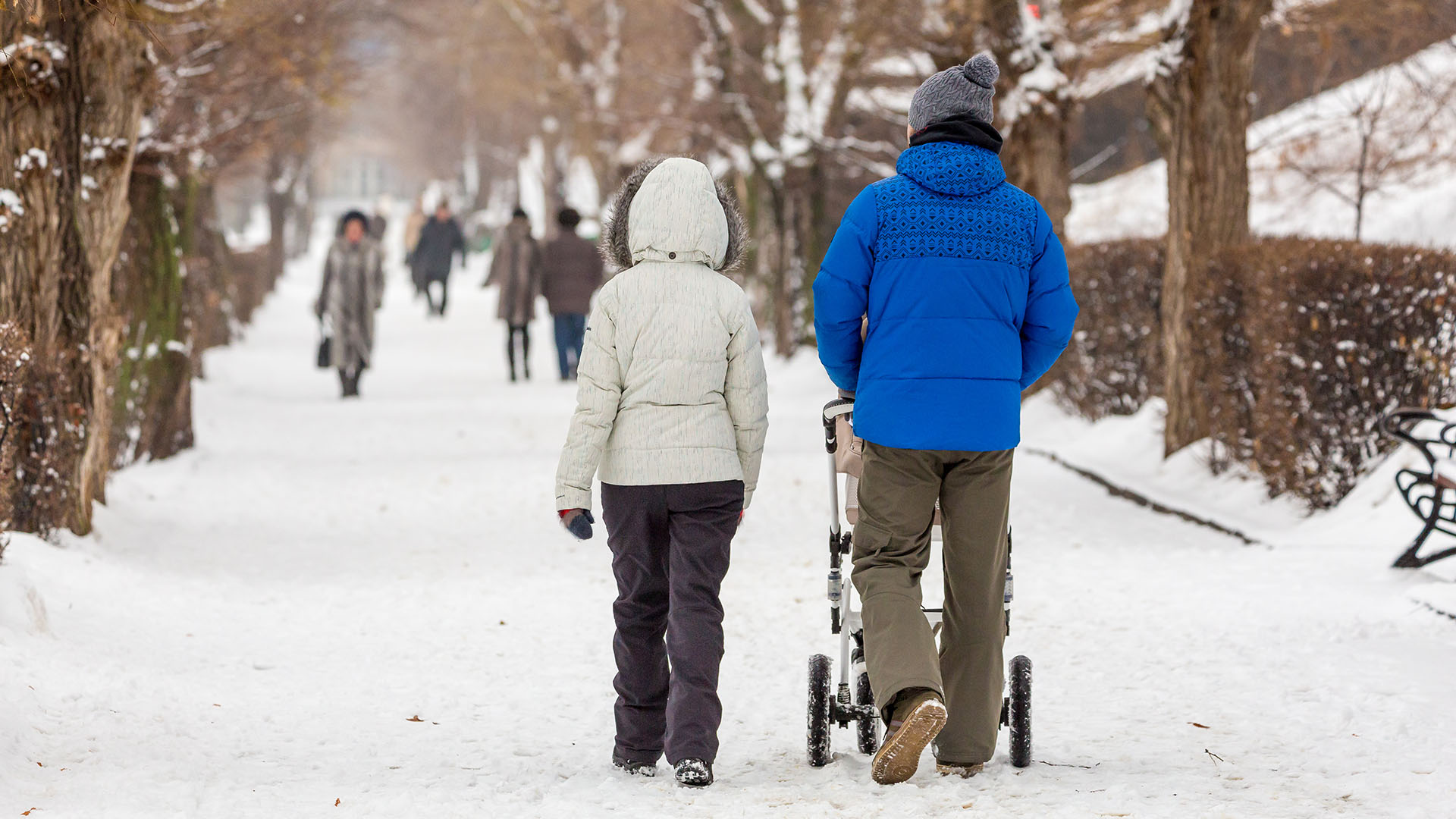January 5, 2018 — Consumer Energy Alliance (CEA) President David Holt today urged Southeast policymakers to take immediate action to support working families, seniors and those living in poverty through policies that expand energy delivery and infrastructure. According to energy experts, easing energy bottlenecks and supporting an all-of-the-above energy solution – including oil, natural gas, solar, coal, nuclear, and wind – will ensure the lowest possible energy prices, strengthen our energy security and improve the livelihoods for struggling households. Like most of the U.S., the Southeast is facing record low temperatures – and record high demands for energy.
“After seeing the impact of the largest highest snowfall the Southeast has seen in 30 years, we urge political leaders across the political spectrum to fully and unequivocally support smart energy and environmental solutions that delivers more energy to ensure families and small businesses have access to affordable, domestic energy,” said Holt. “This cold snap stresses the importance of coming together today to support sensible energy policies that balance all of our resources. Sensible energy policies will lower energy prices for all, especially those who can least afford it. Thanks to record advancements and improvements in technology, techniques, materials, and regulations, these resources can be utilized safer than ever.”
Holt added: “While some elected officials have suggested we must choose between our environmental goals or a prosperous economy, it doesn’t have to be that way. In fact, this political argument is actually making us pay more for our energy. Protecting the environment and promoting pro-active energy solutions can and MUST can go hand in hand. Without quick energy solutions, families, seniors and the working poor that need energy to fill up the gas tank to drive the kids to school, will only continue to suffer. And those consumers will remember who put them in this dire financial situation when they open up their power and heating bills – and when they enter the voting booth in November.”

